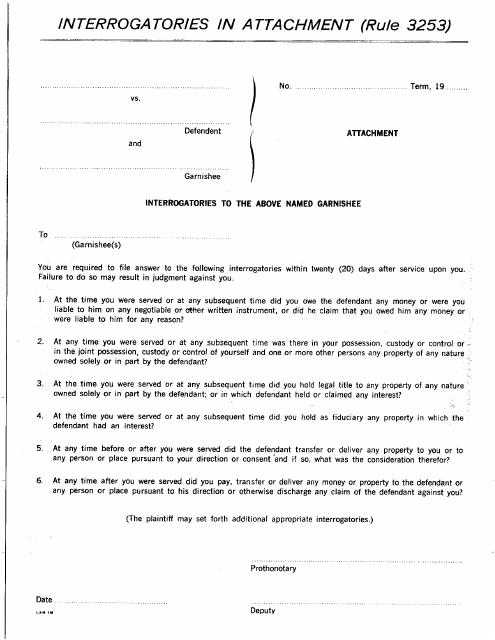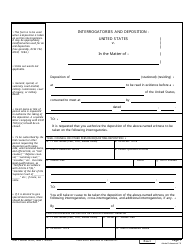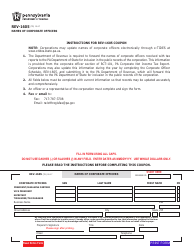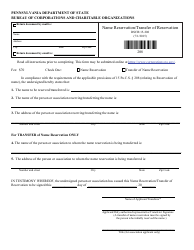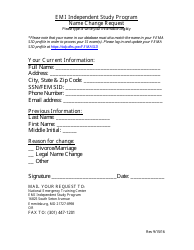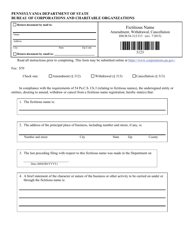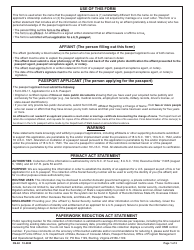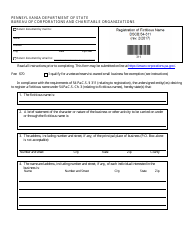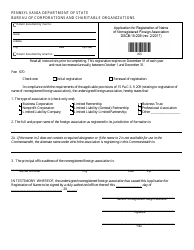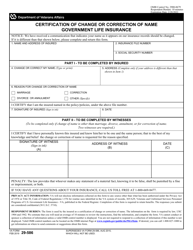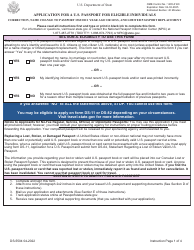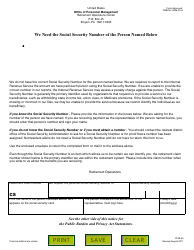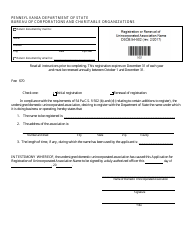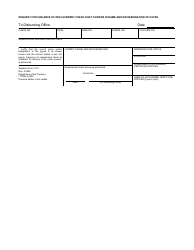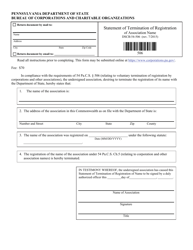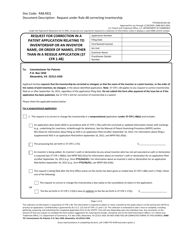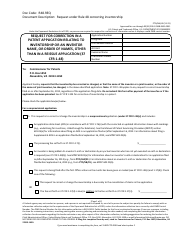Interrogatories to the Above Named Garnishee - Luzerne County, Pennsylvania
Interrogatories to the Above Named Garnishee is a legal document that was released by the Prothonotary Department - Luzerne County, Pennsylvania - a government authority operating within Pennsylvania. The form may be used strictly within Luzerne County.
FAQ
Q: What is an interrogatory?
A: An interrogatory is a written set of questions used in legal proceedings to get information from a party or witness.
Q: What is a garnishee?
A: A garnishee is a person or entity who owes money to the debtor and is ordered by a court to pay the debt directly to the creditor.
Q: What is Luzerne County, Pennsylvania?
A: Luzerne County is a county located in the northeastern part of the state of Pennsylvania.
Q: What is the purpose of an interrogatory to a garnishee?
A: The purpose of an interrogatory to a garnishee is to gather information about the garnishee's financial relationship with the debtor to determine if they have any funds or assets that can be used to satisfy the debt.
Q: How are interrogatories to a garnishee used in legal proceedings?
A: Interrogatories to a garnishee are typically served to the garnishee as part of the process of garnishment, in which a creditor seeks to collect a debt by ordering a third party who owes money to the debtor to make payments directly to the creditor.
Q: What type of information can be requested in an interrogatory to a garnishee?
A: In an interrogatory to a garnishee, information can be requested about the garnishee's bank accounts, assets, liabilities, and any other information relevant to the debtor's financial situation.
Q: Is the garnishee required to respond to the interrogatory?
A: Yes, the garnishee is required to respond to the interrogatory within a certain timeframe as specified by the court.
Q: What happens if the garnishee fails to respond to the interrogatory?
A: If the garnishee fails to respond to the interrogatory, they may be subjected to penalties or sanctions by the court.
Q: Can the debtor object to the interrogatory?
A: Yes, the debtor can object to the interrogatory if they believe it is improper or violates their rights. They may need to file a formal objection with the court.
Q: Can the garnishee refuse to answer the interrogatory?
A: The garnishee may have some legitimate reasons to refuse to answer certain questions in the interrogatory, such as privileged or confidential information. However, they must provide a detailed explanation for refusing to answer and may need to seek guidance from their attorney or the court.
Form Details:
- The latest edition currently provided by the Prothonotary Department - Luzerne County, Pennsylvania;
- Ready to use and print;
- Easy to customize;
- Compatible with most PDF-viewing applications;
- Fill out the form in our online filing application.
Download a printable version of the form by clicking the link below or browse more documents and templates provided by the Prothonotary Department - Luzerne County, Pennsylvania.
